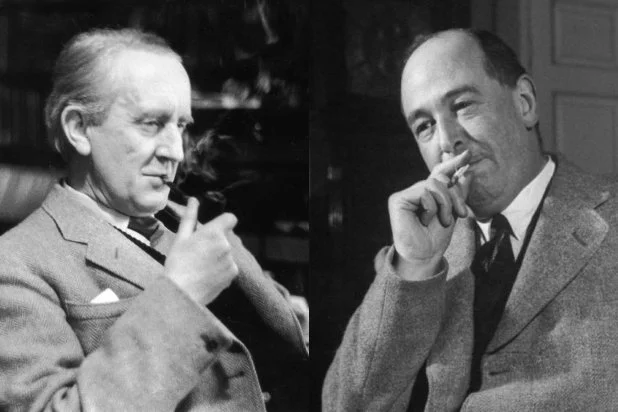
Dayenu: A Thanksgiving Thought
November 20, 2019
What Do You Want?
December 11, 2019As we continue our deep dive into the Gospel of John, we are moving out of John’s magnificent Prologue and into the action, and this wild and crazy guy, John the Baptizer.
Everyone is wondering who this new prophet is and what he is about, so the official Jerusalem delegation arrives demanding an answer from John:
Finally they said, “Who are you? Give us an answer to take back to those who sent us. What do you say about yourself?” (John 1:22)
As I was reading this and preparing to teach on it, I was struck by this question, and how I would answer it: “Who are you, Sam? What do you say about yourself?”
How would you answer this? Would your answer be about what you do or who you are? Would your answer be about your resume or your relationships?
Might you still answer with, “I do this for a living?” Let’s hope not. Or perhaps you would respond with, “This is what is most important to me?” Let’s hope so.
Regrettably, my answer in my 20’s, 30’s and even 40’s would have been about my resume. But after traveling with Jesus for twenty-five years my primary focus is on relationships. I hope yours is.
Perhaps even more revealing, instead of answering who you are, would you consider answering whose you are? The apostles and writers of the New Testament letters all identified themselves in a similar way: “A servant of God and of Jesus Christ.”
That would be a most unusual and unique way to describe yourself, wouldn’t it? You would likely be thought of as rather odd, even by your Christian friends.
“Hi I’m Sam, a servant of the Lord Jesus.”
Probably not a lot of invitations to cocktail parties after that. But the actual word these giants of the New Testament used to describe themselves is even more startling than just servant; they called themselves slaves. The word translated ‘servant’ in your Bible is actually ‘slave.’ (Greek: Doulos)
And what strikes me as so unusual is they are joyful about their slave status. They are actually glad, even proud to be a slave to Jesus. Now I ask you, where in any setting, in any place in the world, or even the history of the world, has anyone been glad, even happy … delighted to be a slave?
Nowhere.
Except when you encounter people who are so glad to have gotten off the throne of their lives and surrendered their kingship to another king, the true King. What joy it is to finally have given up the need to be #1, or even in the top 10.
“Jesus, you be in charge. I’m out; you’re it!”
What peace, what contentment to be freed from the slavery of my pride, and to be free to relax and relish in Jesus’ Lordship over my life. I hope you will learn what this ‘freeing slavery’ feels like.
C.S. Lewis captures it best:
We must not think pride is something God forbids because he is offended at it, or that humility is something he demands as due to his own dignity – as if God himself was proud. He is not in the least worried about his dignity. The point is, he wants you to know him: wants to give you himself.
And he and you are two things of such a kind that if you really get into any kind of touch with him you will, in fact, be humble – delightfully humble, feeling the infinite relief of for once having got rid of all the silly nonsense about your own dignity which has made you restless and unhappy all your life.
He is trying to make you humble in order to make this moment possible: trying to take off a lot of silly, ugly, fancy-dress in which we have all got ourselves up and are strutting about like the little idiots we are.
I wish I had got a bit further with humility myself: if I had, I could probably tell you more about the relief, the comfort, of taking the fancy-dress off – getting rid of the false self, with all it’s ‘Look at me’ and ‘Aren’t I a good boy?’ and all its posing and posturing. To get even near it, even for a moment, is like a drink of cold water to a man in a desert. (Mere Christianity)



